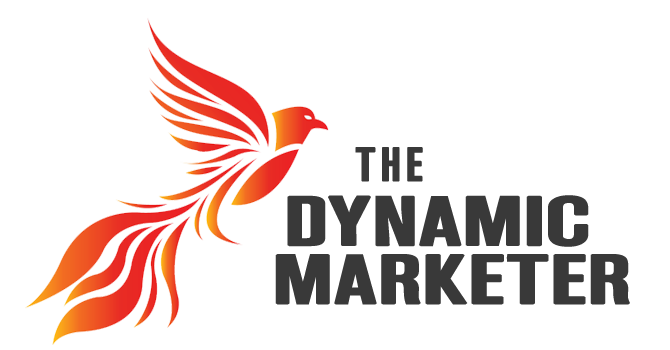The latest available figures have estimated that about 4.66 billion people were active internet users as of January this year, which represented 59 per cent of the total global population. In the coming years, as technologies continue to evolve, the numbers are expected to grow at a rapid pace, as people turn to the virtual world to aid them in their daily tasks, access all forms of information, connect with anyone from around the world, and look for entertainment, among others. Having gadgets such as smartphones, laptops, and tablets are now a common sight in a connected world where technology is almost at the center of everything we do.
Given this trend, it is not a surprise that marketers and communications specialists have turned to the virtual world and optimize all kinds of digital platforms as an innovative avenue to raise brand awareness and grow businesses. Digital marketing has not only emerged, but it has long gained traction in today’s day and age.
From a general standpoint, marketing is the practice of identifying and satisfying customer needs. This is a particularly important task in the business context, as successful marketing efforts can drive inbound leads and attract a large customer base.
The traditional marketing cycle involves an analysis of market orientation, product mix and business environment. Even though marketing has deep roots in business history and culture, digital marketing is a relatively new practice.
With the explosion of digital technology—including widespread of computers and smartphones—businesses began to experiment with new marketing tactics. Thus, digital marketing was born.
Any marketing that uses electronic devices and can be used by marketing specialists to convey promotional messaging and measure its impact through your customer journey. In practice, digital marketing typically refers to marketing campaigns that appear on a computer, phone, tablet, or other device. It can take many forms, including online video, display ads, search engine marketing, paid social ads and social media posts.
Digital marketing, also called online marketing, is the promotion of brands to connect with potential customers using the internet and other forms of digital communication. This includes not only email, social media, and web-based advertising, but also text and multimedia messages as a marketing channel.
Fast forward to the present and digital marketing is as important, if not more so, than traditional marketing methods. This divide seems destined to grow wider over time, as many businesses are diverting funds from traditional to digital marketing methods. Taken as a whole, it is vital for businesses to plan and execute a viable digital marketing strategy.
What Are the Basics of Digital Marketing?
In a nutshell, digital marketing refers to any marketing methods conducted through electronic devices which utilize some form of a computer. This includes online marketing efforts conducted on the internet. In the process of conducting digital marketing, a business might leverage websites, search engines, blogs, social media, video, email and similar channels to reach customers.
Unlike traditional marketing—which is static and often referred to as “one-way” communication—digital marketing is an ever-changing, dynamic process. Stated otherwise, customers cannot interact with business through a billboard or print ad, whereas digital marketing provides an avenue for two-way communication between a business and its actual or prospective customers.
These days, screen time is at an all-time high for many people. Digital marketing takes advantage of this reality, promoting business products and services across the internet. In this way, businesses ensure that their marketing efforts are more likely to reach customers, by targeting them where they spend most of their time.
From startups to enterprise businesses, the digital marketing approach can lead to significant commercial benefits. Successful digital marketing strategy generally involves a combination of various methods, including online advertising, search engine optimization and marketing, social media marketing and management and content creation, among others.




